Not having
children was a completely voluntary and mutual decision for you, yet there are
those who don't quite approve. After all, you must still reconsider it and it
comes with age, because the person you're talking to knows many couples who had
the same attitude as you, and it changed over time. Is having a child really
perceived as a life milestone that we all have to reach at some point? Or do
people simply fail to understand that just because something is done by the
majority doesn't mean everyone must do it without exception? Maybe you belong
to those couples who either voluntarily or due to biological infertility
decided not to have children. You want to come to terms with the situation on
your own, but questions and comments from the people around you make it very
difficult.
Not having children doesn't mean immaturity and selfishness.
In society,
there are times when opinions resonate that the reluctance to have children
actually signifies a kind of unwillingness to grow up and start living a
"grown-up" life. An unwillingness to take on responsibility. On the
contrary, the decision not to have children may mean that we know ourselves and
our partner well, that we are aware of what we truly want from life, and that
we take responsibility for our decisions and actions. Even couples with
children can't convincingly answer why they decided to have them. Their answers
do not always revolve around selfishness and maturity; they simply felt that it
was the right time and that's how life goes. Some had children by accident,
some due to their partner, even though they weren't entirely convinced about
it. Children don't make us more mature or less selfish individuals.
You can be happy without children.
Childlessness
does not mean living an unfulfilled, empty, and unhappy life without the
possibility of expressing love and care. Love can manifest in different ways
and circumstances; it doesn't have to be solely about motherhood. We can also
care for others or ourselves. Childlessness doesn't signify emptiness in life
either; it simply signifies a different choice of priorities and life path. It
means that those individuals do not invest their chance at happiness in
something or someone who doesn't exist at the moment, but appreciate what they
have here and now.
The meaning of life is not solely about children.
The values that
give our lives meaning can be applied within various social roles. Some find it
as parents, while others find it as partners, friends, colleagues, and so on.
Believing that someone else, not ourselves, will fulfill our lives is a bit
absurd. Children won't rid us of our problems, save our relationships, fill the
voids within us, or fulfill our own dreams and ambitions. Just like nothing
else and no one else will. Life is solely about us and the meaning we give to
it. The most important task for a person is not to have children.
You don't have to defend yourselves.
When will you
have children? You are going to have them, right? These are the sentences that
childless couples encounter day in and day out, whether in casual conversation,
when others are unsure of what to ask, or as deliberate questions, when people
know you don't have children. If you are among childless couples, you have
surely heard various sermons about why you should have children and that
children are the purpose of life and so on. It's important to realize that
these reasons always reflect the personal circumstances and values of those who
utter them, not our own. You don't have to justify your decision to anyone.
What's important is to know that it's your free choice, and you don't have to
succumb to the pressure of others.
To be or not to be a parent.
The decision
not to have children does not mean that we are not fully women or men. This
decision also doesn't mean that we can never be mothers or fathers. After all,
having children doesn't automatically make parents out of us. What does it
actually mean to be a parent? It probably means something different for
everyone – giving love, caring, selflessly giving a part of yourself to
another, teaching, sharing interests and values. Are these attributes exclusive
to those who have children? Of course not. There are many paths to becoming
parents, and having your own children is not a requirement. Childless couples
can also build their identity on something other than being a parent.
Not having children does not mean being abnormal.
No one but you and your partner can answer the question of whether to have children or not. However, it's certain that no matter how you decide, both paths can be fulfilling and happy. If someone judges or evaluates you, remember that they are always influenced by their own beliefs and experiences. Not having children does not mean being abnormal.

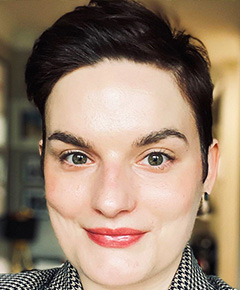








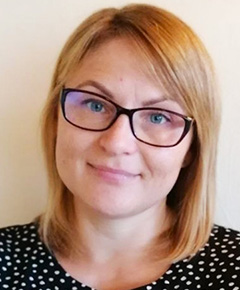


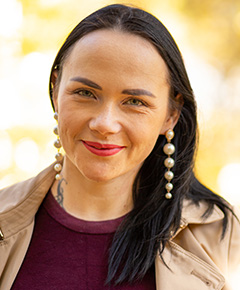



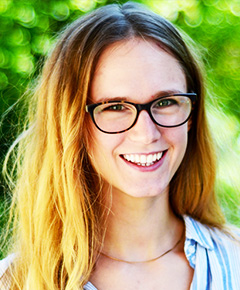

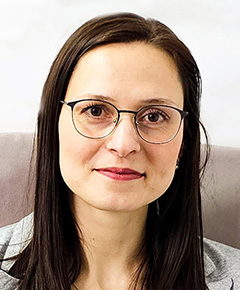

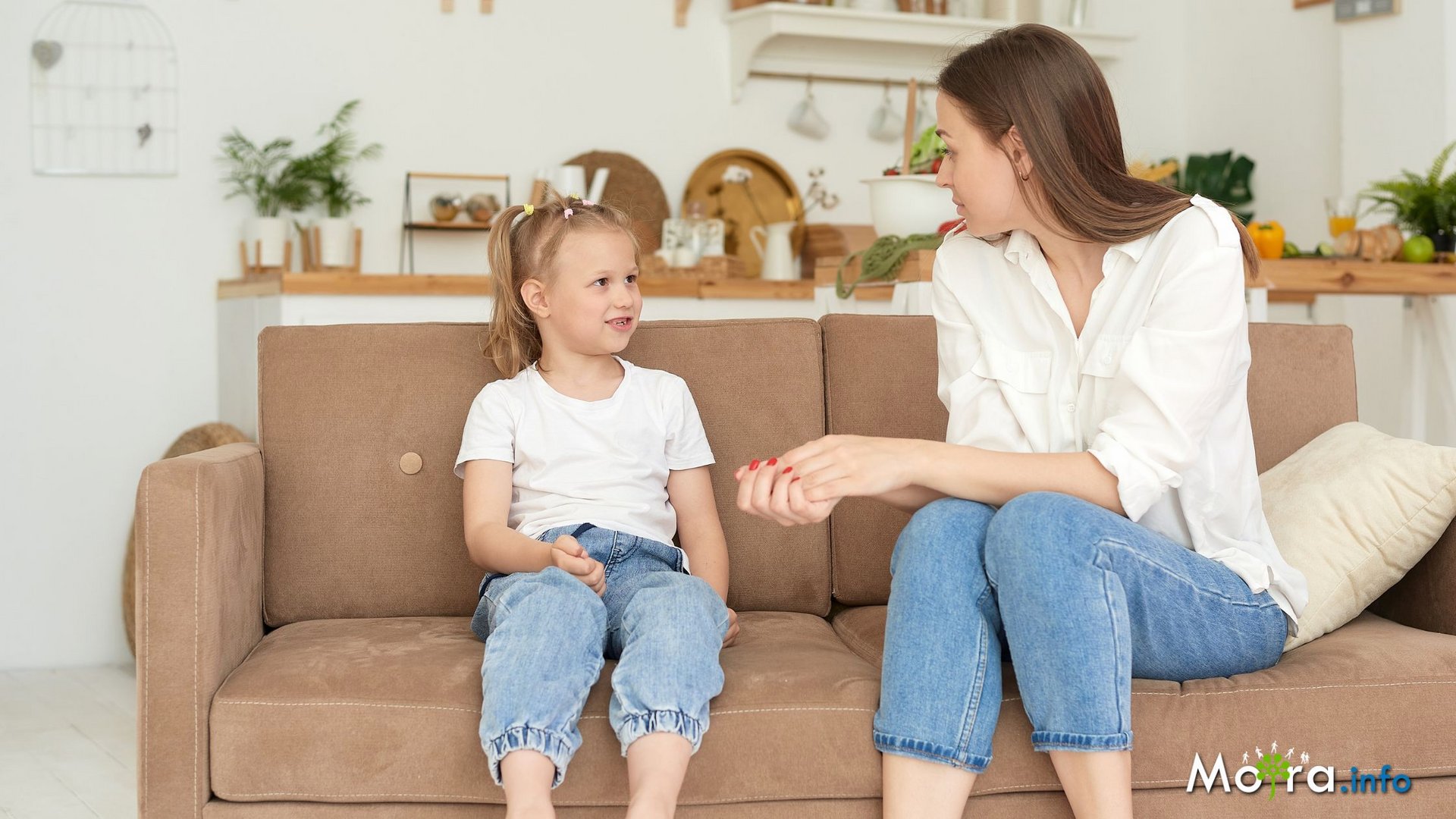

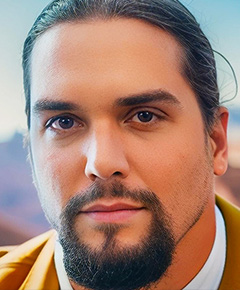


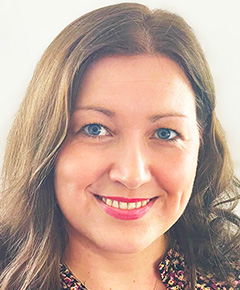

Enter your comment.